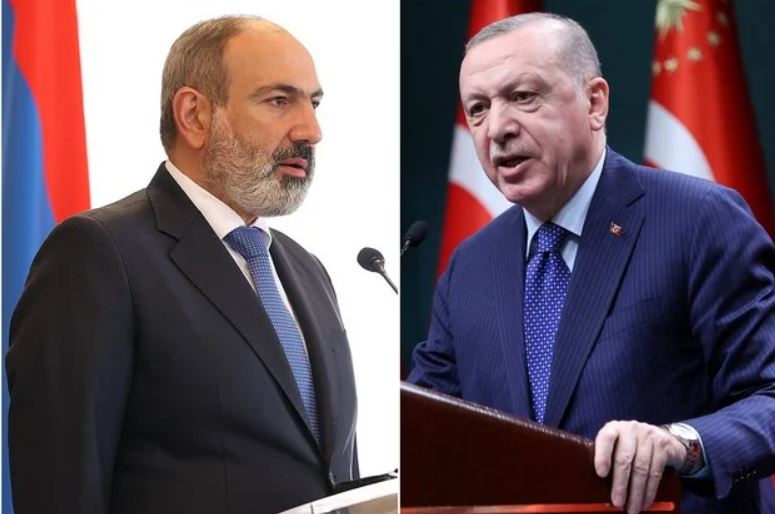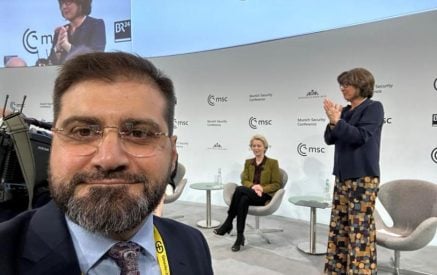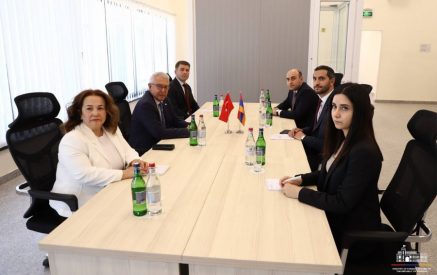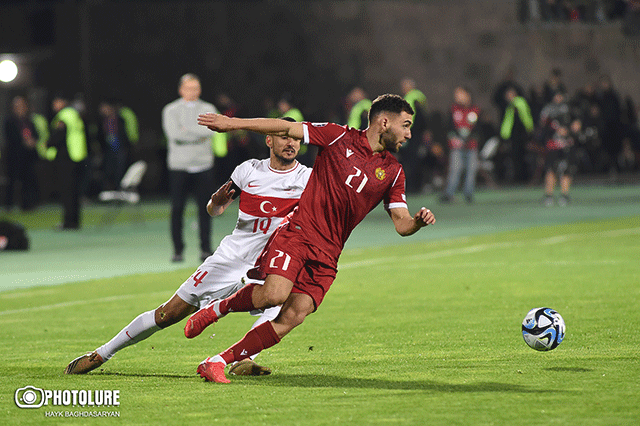“Surveys are expected and lawful for any Turkologist, because the Turkish statehood, ideology, education system, and propaganda are based on anti-Armenianism and anti-Greekism,” said Ruben Melkonyan, a Turkologist and dean of YSU Faculty of Oriental Studies, during the panel organized by the Security and Democracy NGO titled “Armenia-Turkey: Reconciliation Under Bayraktars,” referring to a study by one of the Turkish universities, according to which 60.9% of the respondents consider Armenia a threat. According to him, “As ‘primitive’ as it may seem to some, that state was created on the Armenian and Greek territories on the basis of anti-Armenian and anti-Greek animosity. Nothing has changed today.
We are dealing with a state that has built its domestic and foreign policy on anti-Armenianism for about a hundred years. It is unforgivable for specialists not to say this to the public, and from the point of view of the authorities, it is criminal to present another Turkey to the public. Sometimes there is an impression that for twenty years I have studied another country, what a ‘wonderful’ country Turkey is, what a ‘pro-Armenian’ policy it has pursued. This is talked about by people who do not have the slightest knowledge about Turkey, while the topic is related to our statehood and identity. Such people have no right to speak in ignorant formulations.” Ruben Melkonyan stressed that for Turkish society, Armenia has always been among the three enemy states. “It has been manifested for at least a hundred years. Has anything changed that the government and its supporters are excited about? No. Even if it has changed, for the worse.
Armenia, being a Turkish target, has behaved with dignity over the past decades, has not paid tribute to Turkish preconditions. Honestly, because of that, it played a bigger role.” He stressed that now there is an important mistake, which is manifested in the context of Armenia-Turkey relations. “The first component is the opening of the borders and diplomatic relations, the second – the Armenian-Turkish reconciliation, which has various problems – the issue of the Armenian Genocide, history, the issue of Artsakh, and mutual enmity. These two components should be separated, but today’s government propaganda unites the two to open the border and quickly resolve the issues of the Kars Treaty and the genocide. It can not be so because there are deep stereotypes and approaches between societies. Opening the border is one thing, going to peace is another. For example, Greece has relations with Turkey today, but at the same time has not given up its dignity. No Greek leader has said that ‘non-materialism’ is rabies or backwardness.”
Read also
Luiza Sukiasyan
























































